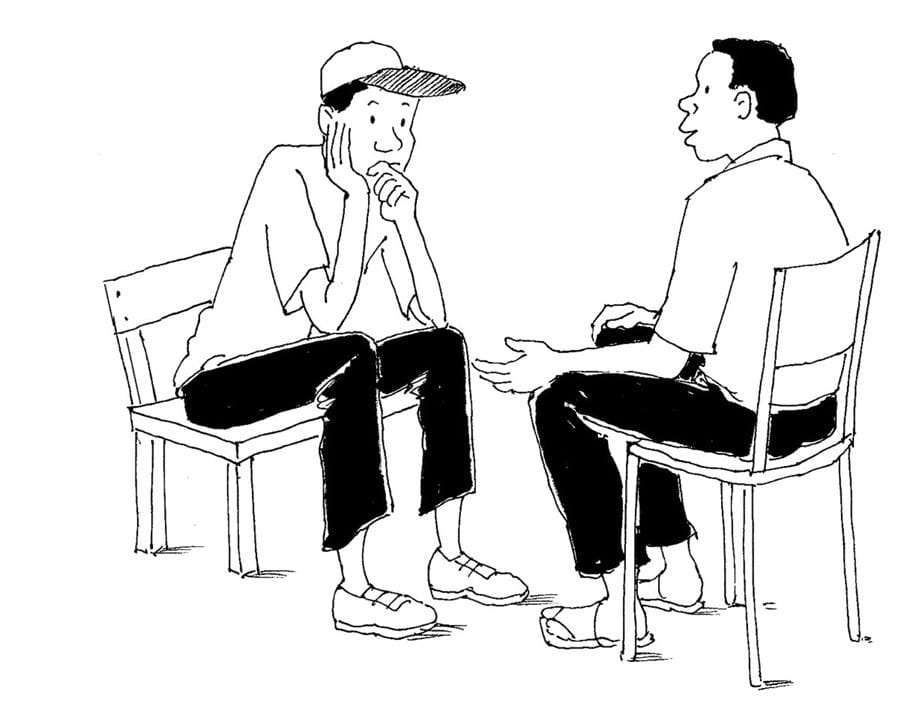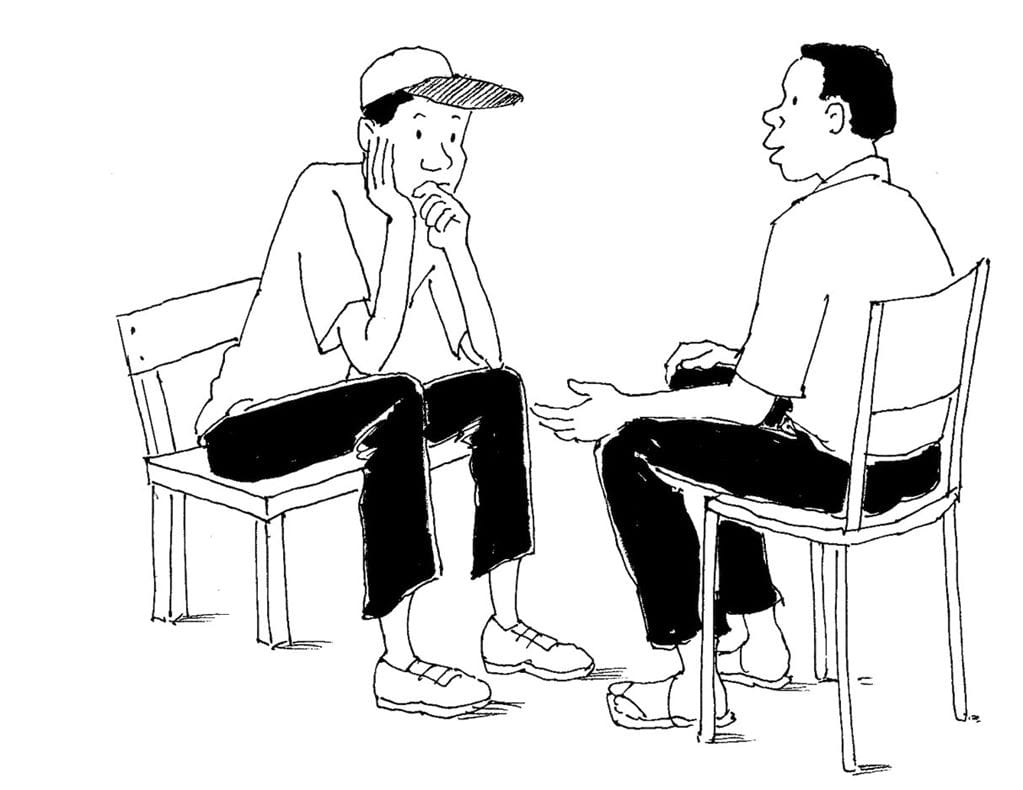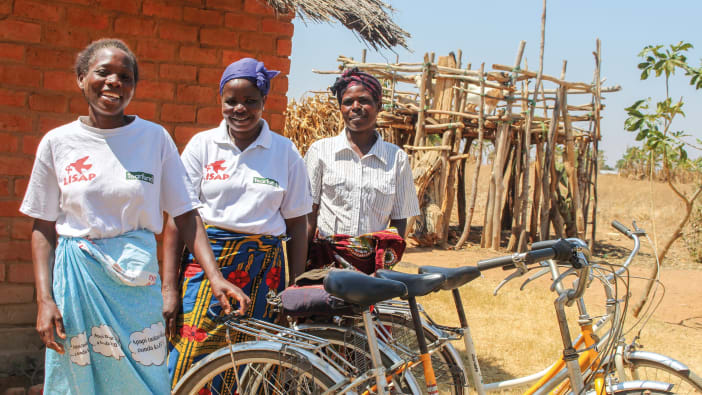Religious or spiritual leaders are often the first people individuals turn to in times of personal crisis. They can bring wisdom, healing and reconciliation.
People often seek this kind of support if they have an illness, whether physical or mental. In both cases, people are looking for spiritual comfort. But they may also need to be directed to an appropriate medical expert.
What are mental health problems?
Mental health problems affect people’s emotions, mood, thinking or behaviour. They are very common. About one in four of us will have a mental health problem at some time in our lives. For most people, this will be a brief period of depression or anxiety. In this case, it is very helpful to talk to friends and family, or spiritual or community leaders. This can help to resolve the problems causing the distress.
However, a smaller number of people may experience more severe mental illness. For example, their behaviour may be very strange, or their thinking and speech may be very confused. In this case, it is important for them to see a mental health expert.
In many cultures, people wrongly assume that severe mental illness is always caused by spiritual difficulties or even demon possession. This can result in long periods of ‘treatment’ in churches, mosques or temples, or by traditional healers. Sometimes this is done without the person’s consent, and may stop people from seeking proper medical care. This can make the illness worse.
People are much more likely to recover from mental illness if they are treated with compassion, have a choice about what treatment they receive, and benefit from seeing a mental health expert if necessary.












